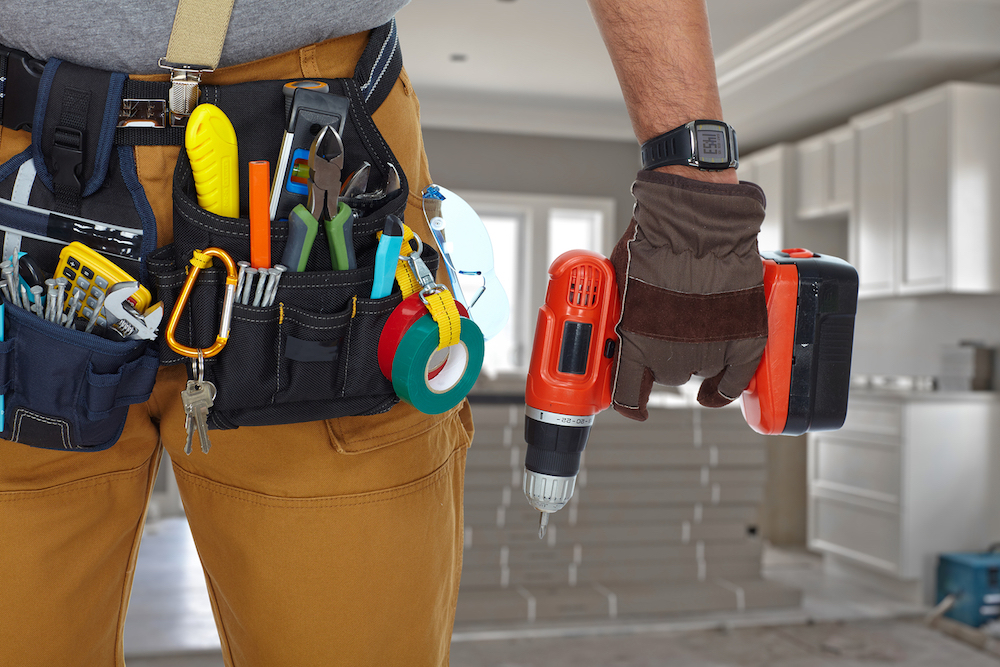
When a residential construction project is contracted by the homeowner instead of a general contractor, the homeowner may have to take on roles that a GC would normally handle. This includes coordinating construction work, collecting mechanics lien waivers, and much more.
The absence of a general contractor might be very unusual for a large commercial project, but it happens pretty often in residential construction projects. But how does this scenario affect the project payments? How are the construction companies hired directly by the homeowner supposed to manage their lien rights? Do they even have lien rights at all?
Please read on for a brief discussion about how managing payments should work on a residential project without a true general contractor involved on the project.
Who Does What?
Since contracting parties will be dealing directly with the homeowner, it will be up to the homeowner to collect lien waivers and make sure everything is done and done properly. However, while the homeowner may hire you or your company directly, that doesn’t mean that they’ll know the identities of any subcontractors or suppliers that you use on the project. Therefore, it is in the project participants’ best interests to ensure the homeowner is aware of all parties involved in the project at all times. We call this “project visibility,” and it’s up to you to make it a priority.
When preliminary notices are sent proactively, the top of the chain knows the identity of all project participants resulting in clear communication channels so that any issues or problems can be prevented, before they have a chance to occur. And all project participants that send notice are also securing their payment rights, literally, their ability to file a mechanics lien on the project should a payment issue arise.
Am I the Prime Contractor or a Subcontractor?
For those providing work, homeowner-contracted projects have extra considerations as well. When a party contracts with the owner, they are likely also considered a prime contractor in the eyes of their state’s lien laws. The “Owner/GC,” therefore, may simply be considered the owner.
Careful, There Are Exceptions
Other times, it’s not so simple. For example, in Wisconsin, a party hired directly by an owner to perform work will be considered a prime contractor unless they’re a mere laborer or if they’re hired by an owner that’s acting as their own general contractor. Wisconsin is a special one, and your state may have a tricky rule too. Be sure to check your state’s lien laws to see how it’s handled where you work.
How Does It Affect Preliminary Notices?
Not all states require GC’s to send preliminary notice. But if preliminary notices are required, there can be a prerequisite for preserving a contractor’s lien rights on a project in addition to providing visibility into the project. Often, GCs are on the receiving end of the preliminary notices sent by sub-tier parties like subcontractors and material supplies. When the project is being managed by the homeowner directly without a true general contractor, all parties on the project should send notices directly to the homeowner – even if it’s not required.
What About Deadlines?
Be sure to confirm the notice deadlines for preliminary notices in your states. Since GCs and subs may have different notice/deadline requirements, a subcontractor who is used to the “normal” subcontractor requirements will now have to learn and follow the requirements of a GC. For example, in Wyoming, the preliminary notice deadline for prime contractors is within 20 days of first providing labor or materials, and prior to receiving any payment from the owner. For subs the deadline is within 30 days after first providing labor or materials.
(Looking for deadlines for public projects? Check out our article Bond Claim Deadlines in All 50 States.)
Payment Best Practices When Hired Directly by the Owner
The best practice to ensure you get paid, no matter what your role is, is to establish an open line of communication on the project. Opening up a channel of communication on the project can help avoid problems and keep you more in touch with what’s happening on the project.
One of the best ways to establish an open line of communication on a construction project is to proactively send preliminary notice, even when it’s not required. Sending notice alerts the project owner that you’re working on the project and are serious about securing your payment rights. Rather than being an adversarial document, a notice actually opens up a line of communication giving everyone on the project a way to avoid any payment issues or disputes before they have a chance to happen.




